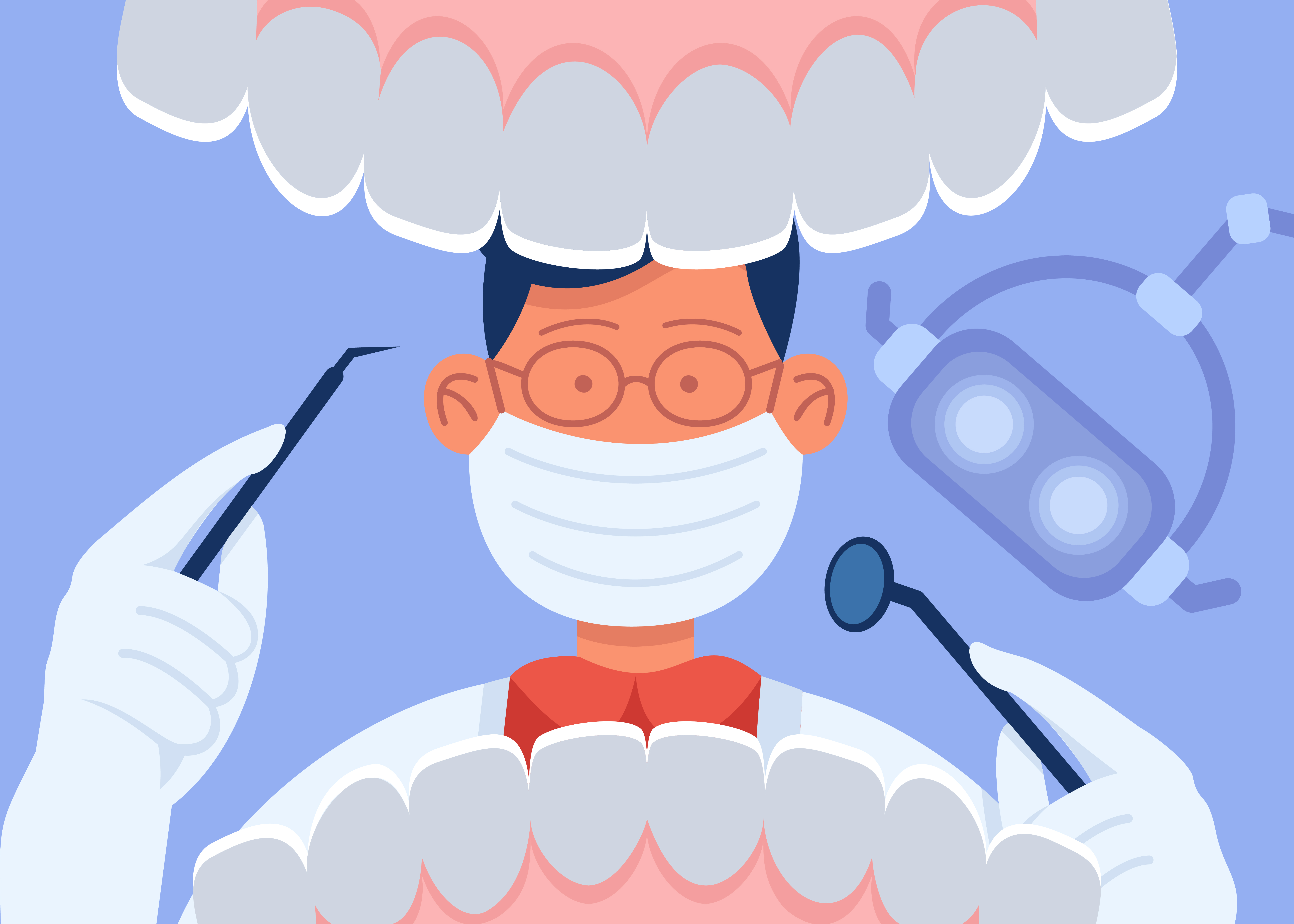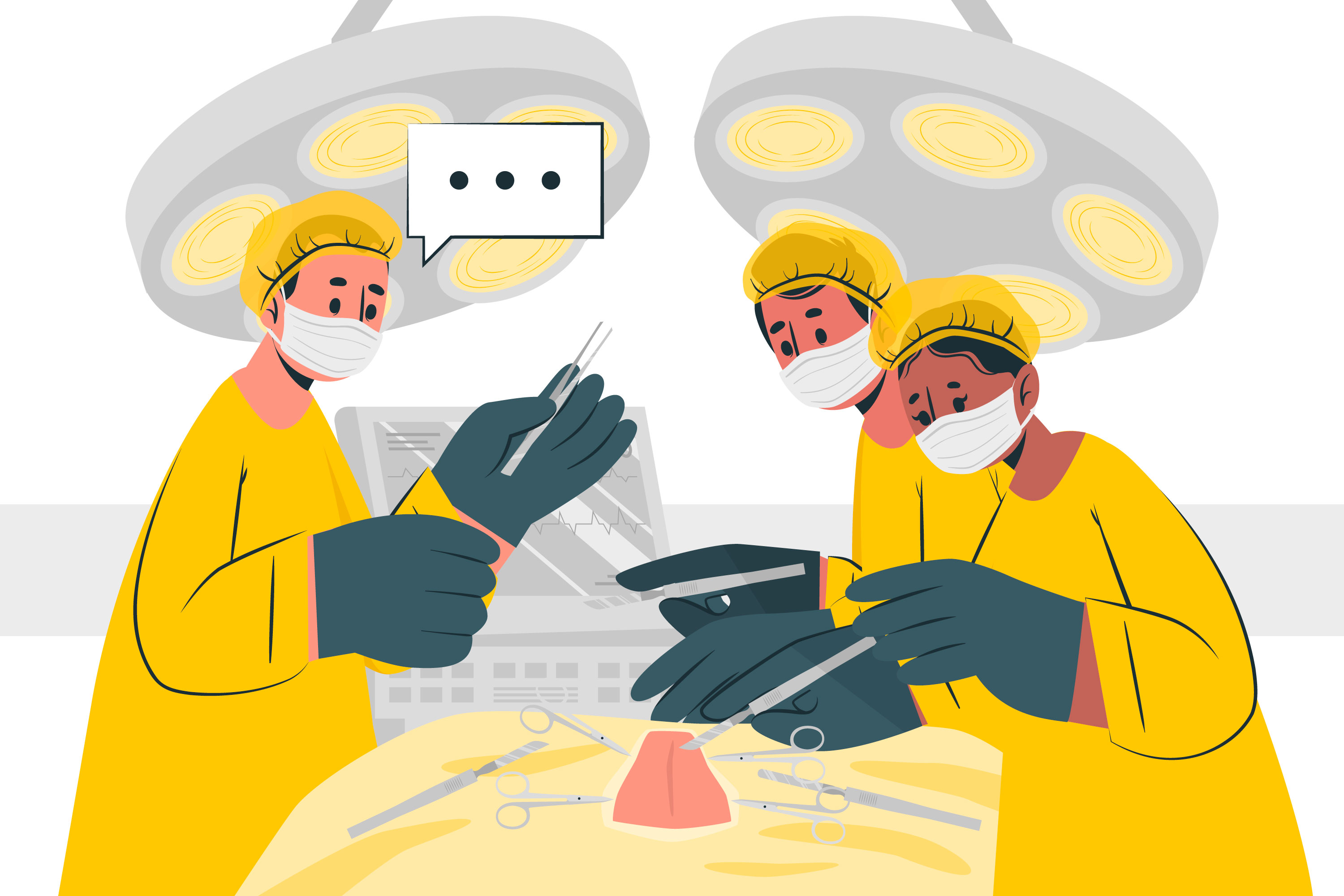Antibiotic Cover for Dental Treatment:
Antibiotic cover in dental procedures serves a critical purpose, primarily when dealing with invasive treatments like extractions or root canals. It aims to prevent bacterial infections that could lead to complications such as abscesses or systemic spread. Dentists typically prescribe antibiotics judiciously, considering factors like the patient's medical history, the complexity of the procedure, and the presence of any underlying conditions that may increase infection risk. Amoxicillin and clindamycin are common choices, with dosages adjusted based on individual needs. However, it's essential to use antibiotics responsibly to mitigate the risk of antibiotic resistance and adverse effects.
The Role of a Dental Treatment Coordinator:
Dental treatment coordinators serve as valuable assets in the patient's journey, providing personalized assistance and ensuring seamless communication between the patient, dentist, and other healthcare professionals. They play multifaceted roles, from scheduling appointments and explaining treatment plans to coordinating insurance matters and addressing patient concerns. Their expertise lies in understanding the nuances of dental procedures and guiding patients through every step of their treatment journey. By establishing rapport and fostering trust, dental treatment coordinators contribute significantly to enhancing the overall patient experience and treatment outcomes.
Dental Treatment After Heart Attack:
Patients who have experienced a heart attack require specialized dental care due to potential complications associated with cardiovascular health. Dental treatment post-heart attack involves meticulous evaluation of the patient's medical history, including medications and cardiac status, to formulate a tailored treatment plan. Dentists prioritize safety measures to minimize the risk of cardiovascular events during dental procedures, such as scheduling appointments at optimal times and avoiding stress-inducing interventions. Additionally, preventive strategies like antibiotic prophylaxis and stress management techniques may be incorporated to promote cardiovascular health and overall well-being.
Dental Nerve Treatment:
Dental nerve treatment, commonly referred to as root canal therapy, is a cornerstone of endodontic care aimed at preserving natural teeth and alleviating pain associated with infected or damaged dental pulp. The procedure involves accessing the root canal system, removing diseased tissue, disinfecting the area, and sealing it to prevent reinfection. Advanced techniques like rotary instrumentation and apex locators enhance precision and efficacy while minimizing patient discomfort. Dental nerve treatments offer predictable outcomes and long-term success when performed by skilled professionals, highlighting the importance of seeking prompt treatment for symptomatic teeth.
Dental Laser Treatment:
Dental laser technology represents a paradigm shift in modern dentistry, offering precise and minimally invasive solutions for various oral health issues. Laser-assisted procedures provide numerous advantages, including reduced treatment times, enhanced patient comfort, and minimal postoperative complications. Applications range from periodontal therapy and soft tissue surgeries to cavity preparation and teeth whitening, demonstrating the versatility of this innovative approach. Laser dentistry promotes faster healing, preserves healthy tooth structure, and enables targeted treatment of specific areas, leading to superior clinical outcomes and patient satisfaction.
View Blog









